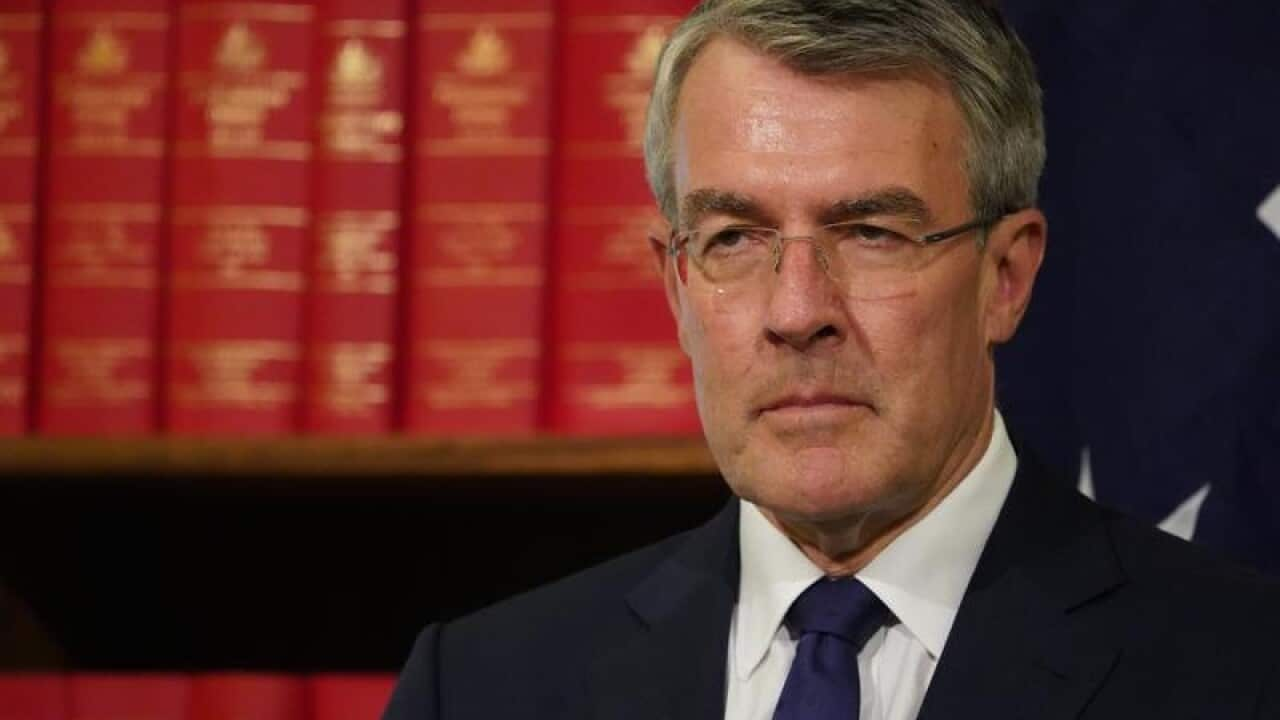Labor is under pressure to back the urgent passing of new laws to give Australian security and police agencies powers to access encrypted communications.
The bipartisan intelligence and security committee looking into the new powers has failed to reach an agreement on a way forward - the first impasse of its kind in more than a decade.
Attorney-General Christian Porter said in a statement on Friday the bill would be presented for consideration by the parliament next week.
"In doing so, we will also present all reasonable amendments that have been proposed, including several by Labor, while rejecting those unreasonable propositions that would render the bill ineffective," Mr Porter said.
He said there was ample evidence the laws were necessary, and Labor needed to take a position.
Australian Federal Police chief Andrew Colvin advised the committee examining the laws that "more than 90 per cent of telecommunications being lawfully intercepted by the AFP now use some form of encryption".
"What this bill does is give police a fighting chance," Mr Colvin said.
Shadow attorney-general Mark Dreyfus told Mr Porter in a letter on Friday the opposition's position was that an interim version of the bill should be passed, which gives agencies some temporary powers while more work is done.
"This would have clearly met the stated needs of the security agencies, while allowing the committee to identify deficiencies in this rushed legislation, which could only result in recommendations to strengthen it, not weaken it," Mr Dreyfus wrote.
The committee has heard from a number of sources arguing for more scrutiny.
There are concerns it could jeopardise security cooperation with the United States and the Senate President Scott Ryan believes it could interfere with parliamentary privilege and the right of MPs to be free of executive surveillance.

